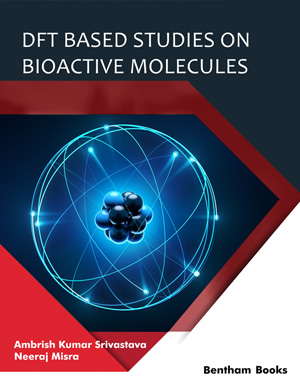Abstract
A novel computational technology based on fragmentation of the chemical compounds has been used for the fast and efficient prediction of activities of prospective protease inhibitors of the hepatitis C virus. This study spans over a discovery cycle from the theoretical prediction of new HCV NS3 protease inhibitors to the first cytotoxicity experimental tests of the best candidates. The measured cytotoxicity of the compounds indicated that at least two candidates would be suitable further development of drugs.
Keywords: Fragment QSAR, multilinear regression, hepatitis C, HCV protease inhibitors, viral replication, cytotoxicity, CoMFA, CoMSIA, topological descriptors, SAR











